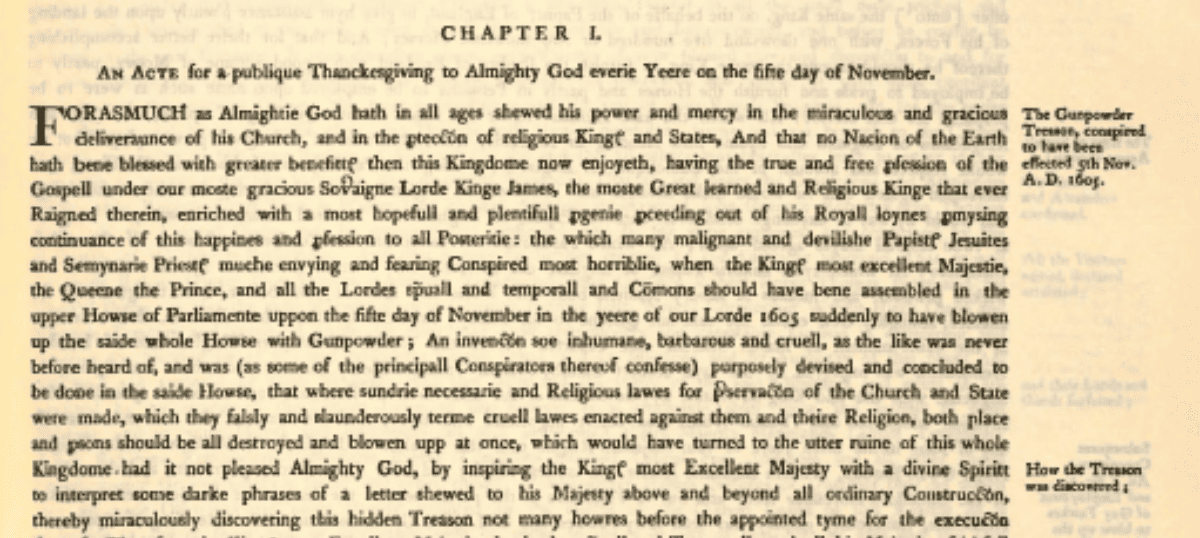The Deano-Fication of the British Economy
Laugh at the "Deano" stereotype all you like, but Britain itself is now the living embodiment of him: riddled with debt, wage-compressed, and living beyond its means attempting flashy projects which look ugly and go nowhere. Years of money-printing have only created an illusion of prosperity.





